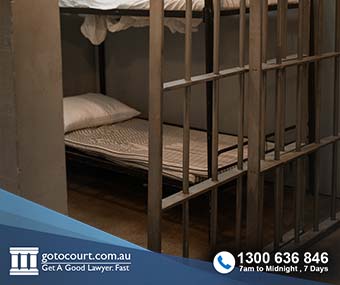Character References in South Australia
When a person in South Australia is being sentenced for criminal offences, they may want to provide character references to the court. These are letters written by people in the community in support of the person. Character references can assist the court to better understand the case and can potentially influence the judge or magistrate to impose a more lenient penalty. This article deals with character references in South Australia.
When should I get character references?
If you are pleading guilty to offences, you may want to adjourn your matter to give yourself time to gather character references in support of your plea. If you are pleading not guilty, it may still be wise to gather some character references. If you are found guilty, these will help the court to better understand your situation.
Character references can greatly impact the outcome of a criminal matter, but there are a lot of things to bear in mind when writing a character reference or requesting one from someone you know.
Who can write the reference?
The most persuasive character references are those written by people who you have known in a formal capacity, such as a person you have worked or studied with. Employers, colleagues, teachers, fellow students and business associates are suitable people to ask for a reference.
If your offending occurred because of your alcohol or drug issues, then a character reference from a doctor or other professional who knows about these issues and can state what you are doing to address them would be appropriate.
Character references may also be provided by people who know you in an informal capacity such as friends and family members. However, these references will generally be given less weight.
What should the character reference include?
All character references must clearly state that the author knows about the criminal charges and the nature of the offending. If a reference does not say this, the court will give it little weight.
The author of a reference should say how they know you, how long they have known you and what their opinion of you is (in light of the criminal matter). It should set out your positive character traits, including details of personal experiences they have had with you. If appropriate, the reference can include details of how the criminal matter has or will affect your family or your employment.
A character reference should not express any view about the penalty you should receive. It should also not seek to minimise or make excuses for the offending.
Character references should be printed on white A4 paper. They should be typed and on letterhead (if provided on behalf of an organisation), unless a handwritten reference is absolutely necessary. The reference should be addressed to “The Presiding Judge/Magistrate” and also include the referee’s contact details.
The reference must be signed and dated.
Different references for different charges
The above information should serve as a general guideline as to what may be included in a character reference. Each matter will require the referee to emphasise different aspects of the offender’s character, depending on the nature of the offending.
In a drink driving offence, the referee will largely refer to the rehabilitation of the offender and explain to the court that the offender has taken steps to ensure they will not operate a vehicle whilst intoxicated again.
Where the person has been charged with assault or stealing the character reference may emphasise the offender’s prior good character and may also draw the court’s attention to any steps they have taken to address the underlying issues.
If you require legal advice or representation in any legal matter, please contact Go To Court Lawyers.








